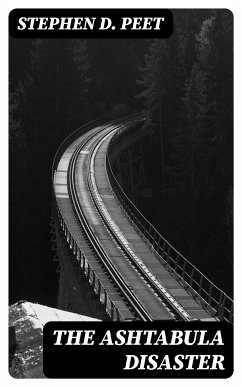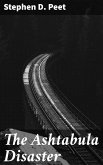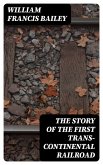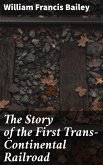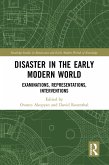In "The Ashtabula Disaster," Stephen D. Peet masterfully explores the harrowing events surrounding the 1876 train wreck in Ashtabula, Ohio, where a bridge collapsed, leading to one of the deadliest rail disasters in American history. Through meticulous research and vivid prose, Peet captures the drama of human suffering and the sociopolitical implications surrounding safety regulations during the burgeoning era of American industrialization. His narrative deftly intertwines first-hand accounts with broader historical contexts, invoking elements of Gothic literature to amplify the tragedy's emotional resonance and moral dilemmas. Stephen D. Peet, a noted historian and expert on American transportation disasters, delves into a personal and professional landscape shaped by a commitment to uncovering neglected aspects of history. His fascination with the Ashtabula Disaster stems from a desire to illuminate forgotten narratives that challenge modern audiences' understanding of industrial safety and collective responsibility. Peet's scholarly background enables him to present the facts with both rigor and compassion, giving voice to the victims whose stories have long been overshadowed. This book is a compelling read for anyone interested in American history, particularly the intersection of technology and humanity. With its rich detail and empathetic presentation, "The Ashtabula Disaster" not only serves as a cautionary tale about negligence and its consequences but also invites readers to ponder the lessons of the past as they reflect on contemporary issues in public safety and regulation.
Dieser Download kann aus rechtlichen Gründen nur mit Rechnungsadresse in A, B, BG, CY, CZ, D, DK, EW, E, FIN, F, GR, H, IRL, I, LT, L, LR, M, NL, PL, P, R, S, SLO, SK ausgeliefert werden.

